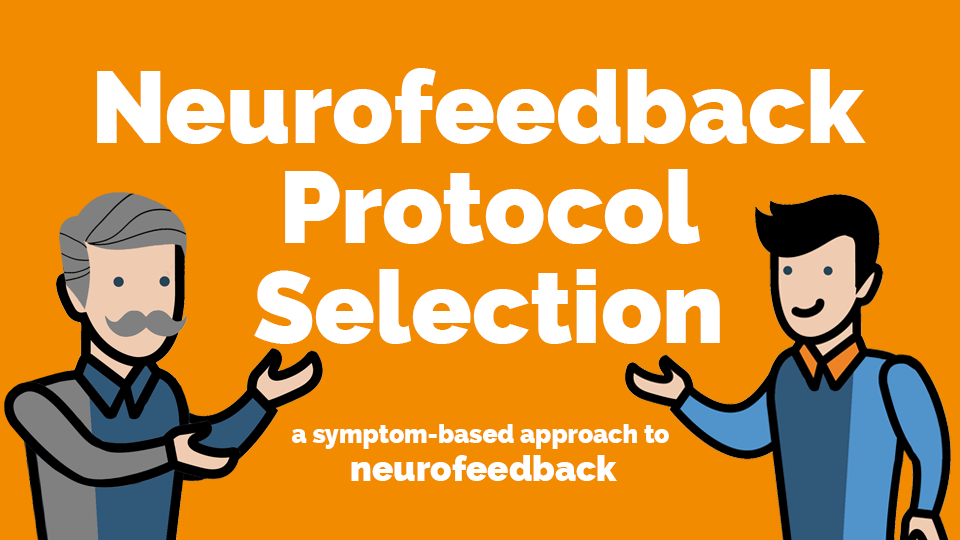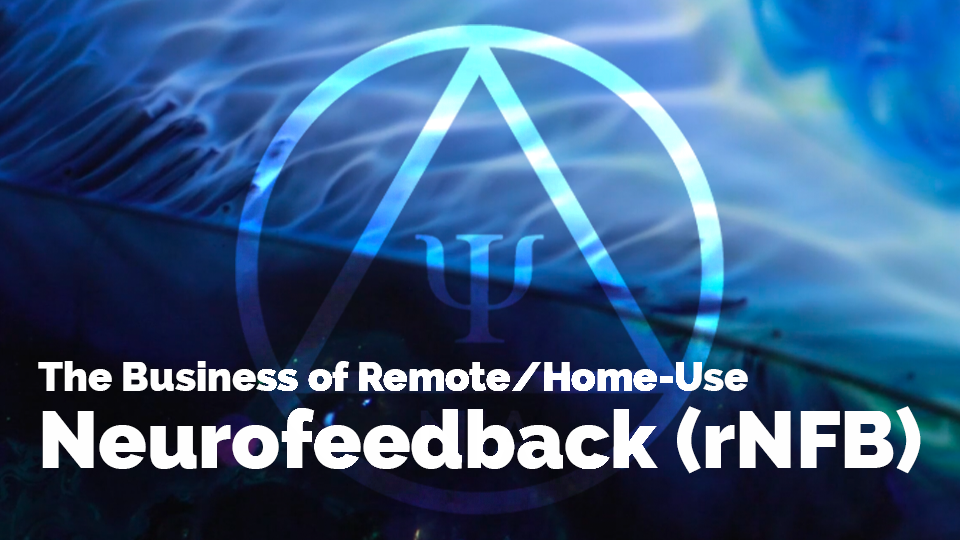
The NIA presents Alpha-Theta Neurofeedback
This series is an in-depth, comprehensive introduction to Alpha-Theta neurofeedback.
Alpha-Theta neurofeedback – also commonly referred to as the “Peniston Protocol” (in recognition of the ground-breaking research by Dr Eugene Peniston, who achieved an 80% success rate, with 10 year follow-up, in the treatment of alcoholism) – is deep state work, often applied in order to address addictions and PTSD and is also used for peak performance.
Combining Alpha-Theta fairly early with eyes open neurofeedback can, for many clients, improve their ability to remain calm, improve sleep and general well-being, and accelerate emotional healing.
It is often likened to meditation, as alpha-theta states are often achieved through meditative practice.
Topics covered include: historical development, research, Alpha-Theta mechanisms and methodology, clinical applications and experiential practicum.
The presentation was recorded via Zoom as part of a live-online course taught in August, 2020.
For this video-series, we decided to keep the awesome questions that people asked during the live recording of the course, but replace their voices with snazzy title cards.
The 13 Sections are:
1. Introduction
2. History
3. Research
4. Alpha Theta and Sleep
5. Training Considerations
6. Bands and thresholds
7. States and abreactions
8. Process overview
9. Typical treatment progression
10. Addictions
11. Anxiety and depression
12. Alpha-Theta and EEGer
13. Running the session
Course cost: $150 USD



